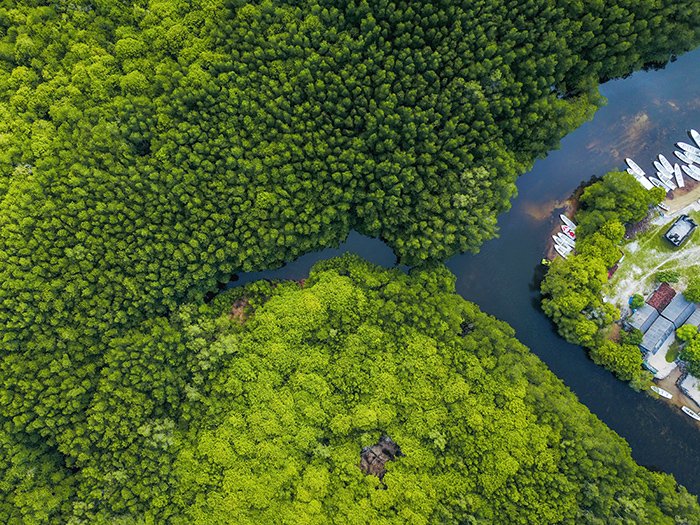Air 101, a global commercial aviation, airline and travel news site, have announced that Cathay Pacific today shared the next development of its 1 Ticket, 1 Tree initiative, with the announcement of a Southeast Asia-wide initiative that will see trees planted in various mangrove forests (located in Indonesia, Malaysia, Thailand, the Philippines and Vietnam) across the region.
The initiative, announced at a tree-planting event organised by Cathay Pacific at the Taman Wisata Alam Mangrove, Angke Kapuk, Indonesia, will see the airline plant a tree for every ticket purchased on its website from Indonesia, Singapore, Thailand, Malaysia, the Philippines, Vietnam and Cambodia, from 1 to 30 November 2022, report Air 101.
This is part of Cathay Pacific’s sustainability efforts in supporting local communities, ecological restoration, and climate resilience.
1 Ticket, 1 Tree was launched last year in Thailand, one of Cathay Pacific’s key destinations in Southeast Asia. A similar initiative, Join For Trees, was rolled out earlier this year in Indonesia and the Philippines, where the airline committed to plant a tree for every new member sign-up.
With both these efforts combined, Cathay Pacific has committed to plant more than 1,700-trees in the mangrove forests of Thailand, Indonesia and the Philippines. Today, About 50-volunteers comprising Cathay Pacific employees, trade agents and other partners came together at Taman Wisata Alam Mangrove to plant saplings to kick start this year’s initiative, say Air 101.
With 1 Ticket, 1 Tree covering more countries this year, Cathay Pacific hopes to plant significantly more trees this year than last. “This initiative underscores our commitment to our customers in Southeast Asia,” Dominic Perret, Regional General Manager, Southeast Asia and Southwest Pacific, said at the planting event. “1 Ticket, 1 Tree is in line with our broader sustainability efforts, which include contributing purposefully to the communities we serve. We embarked on this tree-planting effort because many of our communities in Southeast Asia depend on mangroves for food, protection and income. As always, we strive to make a meaningful impact, both in service and sustainability.”
Source: Air 101

